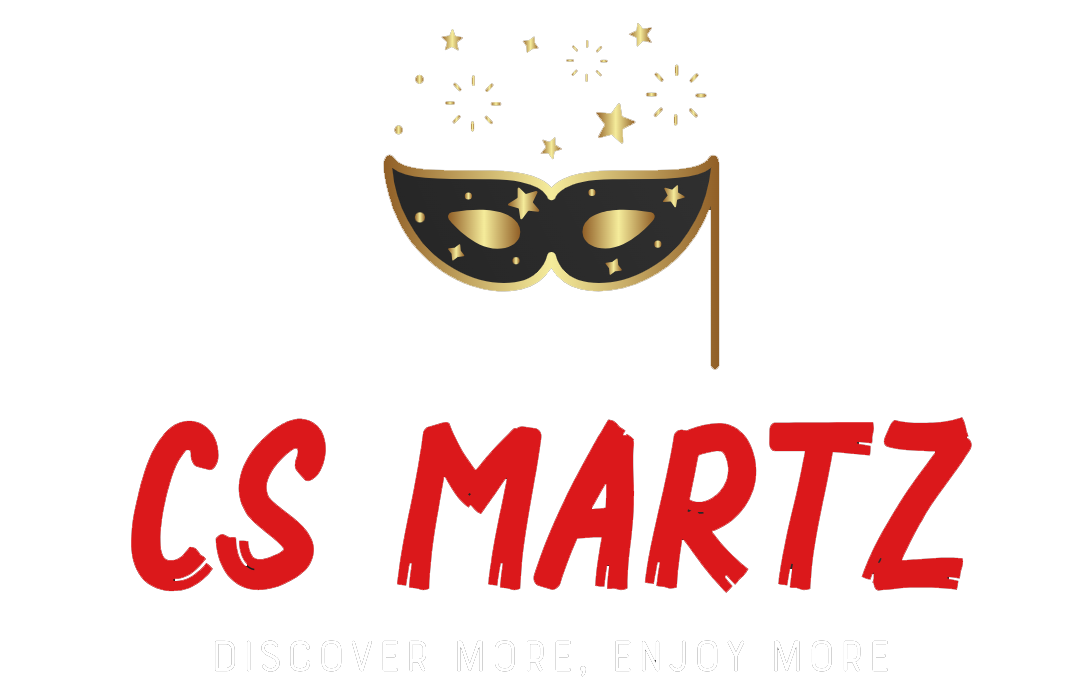Watch Beetlejuice (1988) Movie Online Free
Introduction
“Beetlejuice,” directed by Tim Burton, is a seminal film that blends horror, fantasy, and comedy in a uniquely eccentric manner. Released in 1988, this movie quickly carved out a niche for itself, showcasing Burton’s distinctive style and becoming a cult classic. This review delves into various aspects of the film, from its groundbreaking visual style to its quirky characters and its lasting impact on the genre.
Plot Summary
The film begins with the sudden death of Adam and Barbara Maitland, who find themselves stuck haunting their picturesque New England home. When the unconventional Deetz family moves in, the Maitlands attempt to scare them away but soon realize they need help. Enter Beetlejuice, a rambunctious spirit whose help comes with chaotic consequences. The plot twists through comedic haunts and bizarre antics, leading to an unforgettable climax.
Directorial Analysis
Tim Burton’s direction in “Beetlejuice” is inventive and pioneering, characterized by its Gothic visual flair and an offbeat sense of humor. Burton uses a palette of vibrant colors and exaggerated sets to create a fantastical world that blurs the line between the living and the dead. His ability to transform macabre themes into whimsical scenes sets the tone for much of his later work.
You might like this: Watch John Wick: Chapter 4 (2023) Online Free
Character Analysis
Beetlejuice, played with manic glee by Michael Keaton, is undoubtedly the film’s standout character. Keaton’s portrayal of the mischievous and perverse ghost is both unsettling and endearing. The Maitlands, portrayed by Alec Baldwin and Geena Davis, offer a contrast as the naïve and well-meaning spirits, while Winona Ryder’s Lydia Deetz provides a gothically inclined, sympathetic bridge between the living and the dead.
Thematic Exploration
At its core, “Beetlejuice” explores themes of life after death and the afterlife’s bureaucratic nature, presented in a whimsically dark manner. The film cleverly critiques the mundanity of suburban life and the desire to escape from conventional norms, making profound observations about the existential dread entangled with humorous elements.
Visual and Special Effects
The visual and special effects in “Beetlejuice” were groundbreaking at the time of its release. The use of practical effects, stop-motion animation, and prosthetics contribute to the film’s enduring appeal and distinctive look, setting a benchmark for future fantasy films.
Cultural Impact
“Beetlejuice” became an instant cult classic due to its innovative approach and unique charm. Its impact is evident in its enduring popularity and the way it has inspired a range of media, from animated series to Broadway shows.
Musical Score
Danny Elfman’s score perfectly complements the film’s eclectic style. The music is whimsical and foreboding, enhancing the film’s atmosphere and accentuating its more dramatic moments. Elfman’s themes for “Beetlejuice” remain some of his most memorable work.
Iconic Scenes
The dinner party possession scene, where the Deetz family and their guests unknowingly lip-sync to Harry Belafonte’s “Day-O,” stands out for its creativity and humor. Similarly, Beetlejuice’s transformation scenes showcase the film’s clever blend of horror and comedy.
Criticism and Controversies
While “Beetlejuice” is widely celebrated, it has also faced criticism for its darker, more disturbing elements, which some viewers found unsettling rather than comedic.
Legacy and Influence
The film’s influence extends beyond cinema, impacting fashion, music, and pop culture, with Beetlejuice becoming an iconic character in horror and comedy.
Personal Opinion
Personally, “Beetlejuice” stands out as a brilliant example of Tim Burton’s ability to meld horror with humor. The film’s enduring charm and the strength of its performances make it a must-watch for fans of any genre.
Comparative Analysis
Compared to other works by Tim Burton, such as “Edward Scissorhands” and “The Nightmare Before Christmas,” “Beetlejuice” is more raw and less polished but equally imaginative and impactful.
Audience Reception
“Beetlejuice” continues to attract a broad audience, from those who appreciate its artistic merits to those who enjoy its bizarre sense of humor and fantastical storyline.
Conclusion
“Beetlejuice” is a testament to Tim Burton’s visionary approach to filmmaking. It remains a critical piece of cinema that is as entertaining as it is thought-provoking, securing its place as a classic in the annals of film history.

